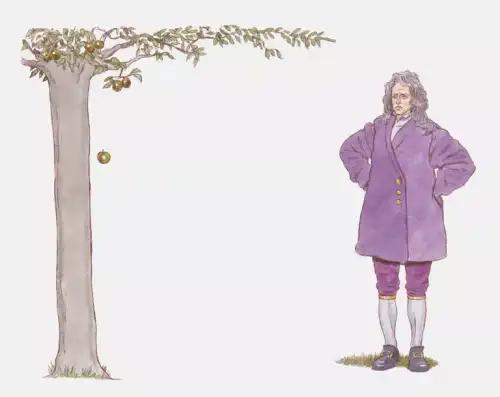The Difference Between a Hypothesis, Theory, and Law
Curated from: thoughtco.com
Ideas, facts & insights covering these topics:
5 ideas
·3.1K reads
11
Explore the World's Best Ideas
Join today and uncover 100+ curated journeys from 50+ topics. Unlock access to our mobile app with extensive features.
Hypothesis
A hypothesis is an initial statement regarding the cause and effect in a specific situation. It can be tested by experimentation and observation or by statistical analysis of probabilities from data. A useful hypothesis allows predictions by using deductive reasoning.
Sometimes a hypothesis is developed before new knowledge or technology can test it. The ancient Greeks proposed the concept of atoms, but it could only be tested centuries later.
106
2.06K reads
Model
A model is used when the hypothesis has a known limitation on its validity.
For example, the Bohr model of the atom shows electrons circling the atomic nucleus in a similar way as planets in the solar system. The model is useful for establishing the energies of the quantum states of the electron in the hydrogen atom, but it does not represent the real nature of the atom.
85
302 reads
Scientific theory and law
A scientific theory or law represents a hypothesis that has been validated through repeated testing over many years.
- A theory is an explanation for a set of related phenomena, like the theory of evolution.
- The word "law" is often used to point to a specific mathematical equation that refers to the different elements within a theory. For example, Pascal's Law refers to the equation that describes the difference in pressure based on height.
86
262 reads
Scientific paradigms
Once a scientific theory is established, it is difficult to get the scientific community to abandon it.
Science philosopher Thomas Kuhn used the term scientific paradigm to explain a working set of concepts under which science operates. When one paradigm is overturned in favour of a new set of theories, the very nature of science changes.
87
217 reads
Occam's Razor
Occam's Razor is a principle of the scientific method. It states that "entities should not be multiplied beyond necessity." It means that where two hypotheses are presented and have equal predictive power, the most simple explanation that fits the available data is the preferred hypothesis.
The appeal to simplicity has been adopted by most of science, as Albert Einstein expressed, "Everything should be made as simple as possible, but not simpler."
92
259 reads
IDEAS CURATED BY
David R.'s ideas are part of this journey:
Learn more about problemsolving with this collection
How to practice effectively
The importance of consistency
How to immerse yourself in the language
Related collections
Similar ideas
5 ideas
What Is a Paradigm Shift?
thoughtco.com
3 ideas
4 ideas
Can Benford’s Law Detect Tax Fraud?
forbes.com
Read & Learn
20x Faster
without
deepstash
with
deepstash
with
deepstash
Personalized microlearning
—
100+ Learning Journeys
—
Access to 200,000+ ideas
—
Access to the mobile app
—
Unlimited idea saving
—
—
Unlimited history
—
—
Unlimited listening to ideas
—
—
Downloading & offline access
—
—
Supercharge your mind with one idea per day
Enter your email and spend 1 minute every day to learn something new.
I agree to receive email updates

